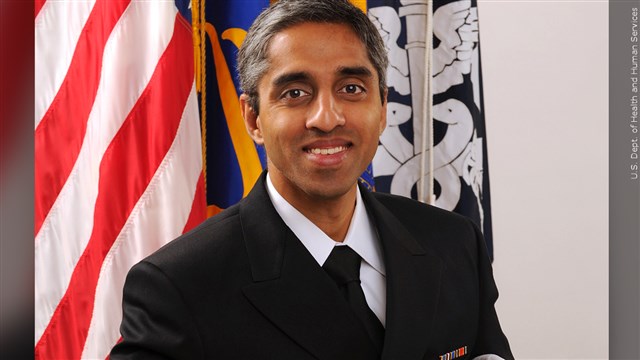Lonae Masterson has been lonely for years. The last time she went out with friends was when she celebrated the election of President Barack Obama. Her children have moved away, her friends have moved away, and she has few if any friends in the assisted living facility where she lives in Silver Spring, Maryland.
“I never connected the deterioration of my health with being lonely. But now that you mention it, I think it is connected. Things bother me and I let it go on longer than I should. It’s just me. My children have lives and I only hear from them on holidays. I can’t remember their birthdays, so they only call me on mine and Christmas,” she told The Final Call.
“I feel like no one cares about me and that makes me care even less about myself. This place has activities but to go by myself would make me feel worse, so I stay home. I wish I did have some friends to laugh and joke with. I can still make a good apple pie, I think.”
Loneliness and isolation were recently declared a public health crisis by U.S. Surgeon General Dr. Vivek Murthy. This concern affects young and old and started before the COVID-19 pandemic when approximately half of U.S. adults reported experiencing measurable levels of loneliness. Lack of social connections was found to affect mental, physical, and societal health. Research found loneliness and isolation increase the risk of premature death to levels comparable to smoking daily.
The physical consequences of poor or insufficient social connections include a 29 percent increased risk of heart disease, a 32 percent increased risk of stroke, and a 50 percent increased risk of developing dementia for older adults. Additionally, lacking social connection increases the risk of premature death by more than 60 percent.
“Our epidemic of loneliness and isolation has been an underappreciated public health crisis that has harmed individual and societal health. Our relationships are a source of healing and well-being hiding in plain sight—one that can help us live healthier, more fulfilled, and more productive lives,” said U.S. Surgeon General Murthy.
“Given the significant health consequences of loneliness and isolation, we must prioritize building social connection the same way we have prioritized other critical public health issues such as tobacco, obesity, and substance use disorders. Together, we can build a country that’s healthier, more resilient, less lonely, and more connected.”
Dr. Khalillah Ali has a home health care practice in Dallas that takes her to the homes of people steeped in loneliness. “There’s an old song that goes, ‘people who need people are the luckiest people in the world.’ People need people. Laughter is good between friends; it releases endorphins, natural antidepressants. Man is not an island. We were meant to socialize with people. Being alone is outside of our human nature and it’s unhealthy,” she told The Final Call.
“People’s vital signs are affected by isolation. For Black people, this isolation reflects the breakdown of the Black family. We don’t love each other the way we should. Families aren’t what they used to be. It’s all due to the destruction of the Black family. A lot of women are heads of households working sun up to sun down. Some of their children have raised themselves. They’ve been lonely since they were a baby due to mom’s absence. They bonded to Big Bird and Cookie Monster,” she said.
“For younger people, social media is a false sense of community. They may have 4,000 Instagram friends but they are not real friends. If you need food, need help with rent, somebody to take you to the hospital, can you call them? Social media has redefined friendship and given a false sense of community. Thousands of friends but still lonely.”
According to the research, adults’ risk of depression among people who report feeling lonely is more than double that of people who rarely or never feel lonely. Loneliness and social isolation in childhood follow people into adulthood and increase the risk of depression. Research shows more than one in five adults and more than one in three young adults living with a mental illness in the U.S. Addressing loneliness and isolation is necessary to address America’s mental health crisis.
“Loneliness, especially in older people, has been shown to be associated with increased risk of death from a number of causes like depression, heart failure, and suicide,” Dr. Safiyya Shabazz, head of Philadelphia’s Fountain Medical Associates, told The Final Call. “People who may be less physically active. They might have fewer people looking after them as they age. There may not be anyone in their lives to notice problems and step in to help them come up with solutions,” said Dr. Shabazz. “There’s also some biological factors about the feelings, emotions, chemicals and stress hormones that circulate in a person’s body when they are lonely or otherwise unhappy.”
The Surgeon General’s Advisory suggests things for the country to do to counter the growing loneliness. It includes, “Strengthening Social Infrastructures:To strengthen social infrastructure, communities must design environments that promote connection, establish and scale community connection programs (parks, libraries, playgrounds), and invest in institutions that bring people together.”













